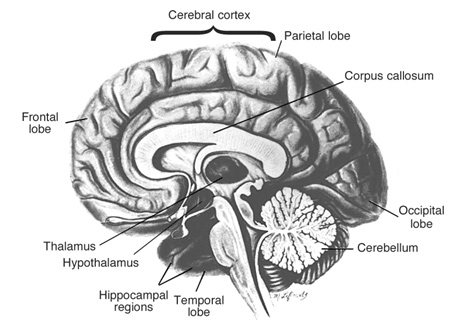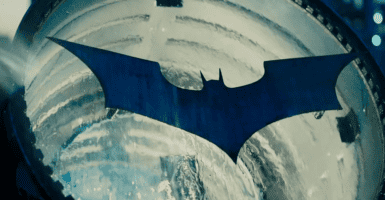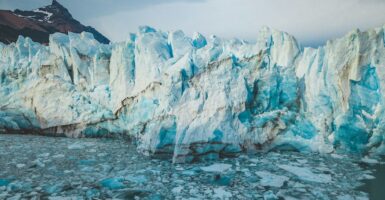Infantile Amnesia Explained: What Helps Us Learn Also Makes Us Forget
This article is more than 2 years old
When I was two years old, a massive tornado ripped through my hometown of Kalamazoo, Michigan, killing five people, injuring 79, and causing $50 million in property damage. I vividly remember being in the basement and hearing something that sounded like a train barreling through the kitchen. Afterward, I remember walking around the yard in a daze, taking in the devastation. Among other weird things that landed near our house, my dad pulled a Kentucky Fried Chicken mashed potato scoop from the flowerbed. I remember all of this as though it happened yesterday. Except I can’t — it’s impossible.
It’s long been accepted that people are unable to remember their first four years. We’ll hold on to language skills and habits, but not specific memories. Of course, Freud believed that was a product of psychosexual repression; other scientists have attributed the gap to a lack of language, which helps us store our memories. But recent research, particularly an article on hippocampal neurogenesis and forgetting published in June by three researchers from Toronto’s Hospital for Sick Children offers another explanation. They believe infantile memory loss is caused by the rapid production of cells in the hippocampus, which is the brain’s control center and the region long associated with memory.

Neurogenesis, the hippocampus’ generation of brain cells, lasts throughout our lives. The recent study concluded that, although neurogenesis is important to learning, it also causes forgetting. Neurogenesis happens most rapidly during infancy, which scientists believe causes memories that we’d otherwise be able to keep to disappear.
Neurogenesis, as well as infantile amnesia, occurs in other mammals, which is how we know Freud and those attributing memory loss to lack of language are wrong. Scientists proved this theory by increasing neurogenesis in adult mice, producing memory lapses much like infantile amnesia. Similarly, the reduction of neurogenesis in baby mice decreased the memory loss.
Like all scientific discoveries, this one raises a slew of questions, namely surrounding neural development and behavior. What does this mean about childhood trauma, the way it affects neurogenesis, and the way it gets cataloged in our minds? What about relationships with other people during our early years? Scientists wonder if fluctuations in neurogenesis eventually lead to memories being stored and/or recalled differently, and whether changing neurogenesis, as they did with the mice in their experiments, would affect humans’ memories.
Scientists believe that this study effectively solves the mystery of why we can’t remember details from our earliest years. We think we remember the details because they become superimposed memories, which are difficult to distinguish from actual memories. In other words, while I can’t possibly remember the tornado, my family and neighbors have talked about it so much, and I’ve seen the pictures so many times, that the story is perfectly assembled in my head, complete with plausible and seemingly genuine images.
Although there’s always the possibility that the tornado memory was implanted. After all, it’s already happened to mice.












